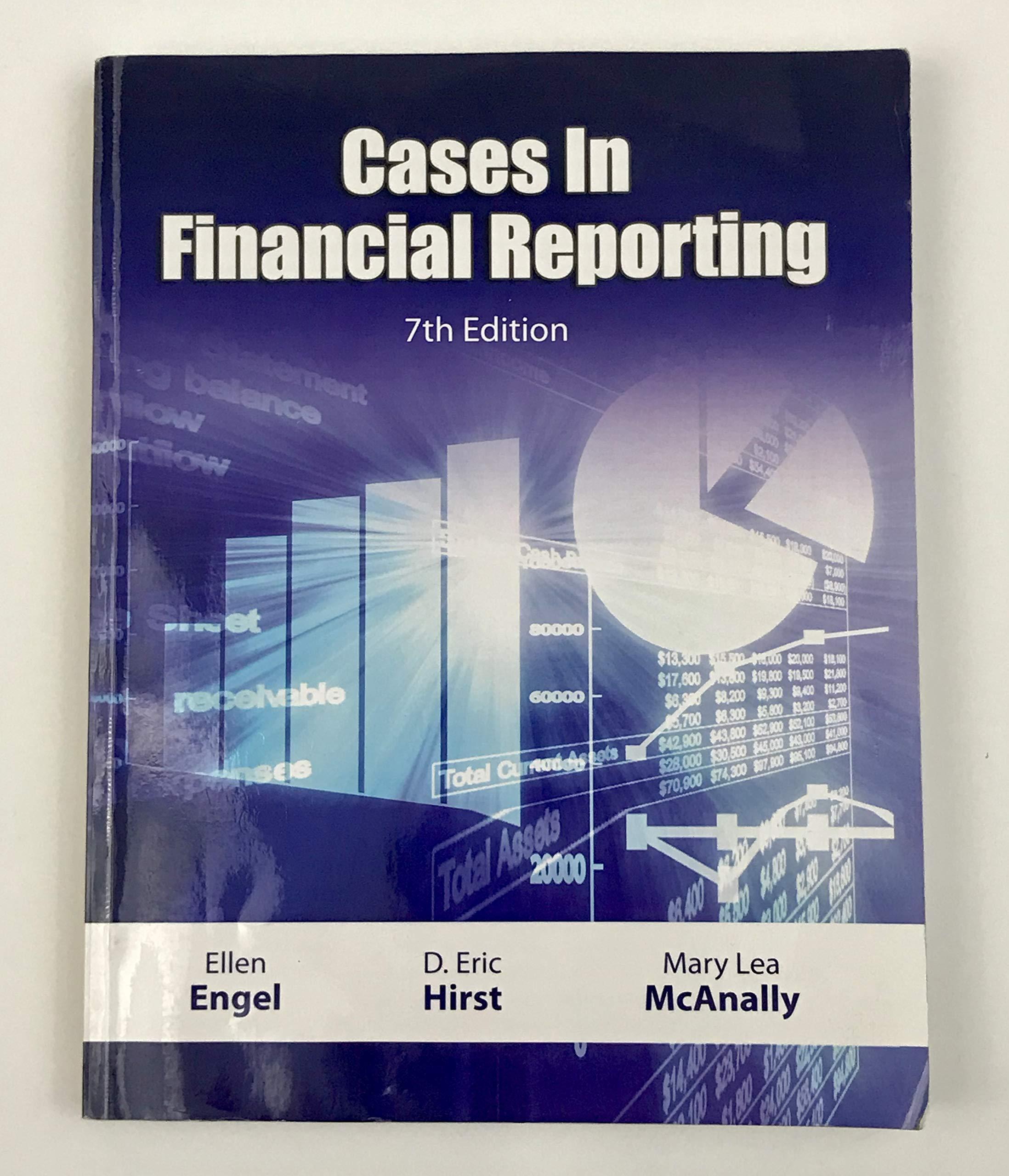Question
QUESTION 1 Core deposits are a more stable source of funds than purchased deposits. a. True. b. False. 3 points QUESTION 2 The FDIC Improvement
QUESTION 1
-
Core deposits are a more stable source of funds than purchased deposits.
a. True.
b. False.
3 points
QUESTION 2
-
The FDIC Improvement Act of 1991 prohibits depository institutions that are not well capitalized from accepting brokered deposits.
a. True.
b. False.
3 points
QUESTION 3
-
Keogh plans are corporate pension plans that corporations can use to defer federal income taxes on contributions and subsequent investment earnings.
a. True.
b. False.
3 points
QUESTION 4
-
Discount window advances allow banks to arbitrage profits by investing advances in financial assets with rates of return that exceed the cost of such advances.
a. True.
b. False.
3 points
QUESTION 5
-
The average cost of bank funds are a superior concept compared to a marginal cost approach.
a. True.
b. False.
3 points
QUESTION 6
-
Derivative securities are normally used by banks to take risks that were previously not possible, as opposed to using them for decreasing risk.
a. True.
b. False.
3 points
QUESTION 7
-
A revolving loan commitment is an agreement between a bank and a customer that the bank will consider a loan request from the customer and, in most cases, make the loans even though it is not obligated to do so.
a. True.
b. False.
3 points
QUESTION 8
-
Settlement risk occurs when one party in a financial transaction pays out funds to the other party before it receives its own cash or assets.
a. True.
b. False.
3 points
QUESTION 9
-
A currency swap involves the exchange of principal amounts on two different value dates and no exchange of interest payments between those dates.
a. True.
b. False.
3 points
QUESTION 10
-
In floor-ceiling agreements, buying a call option in terms of interest rates is the same as buying a put option in terms of prices.
a. True.
b. False.
3 points
QUESTION 11
-
What type of bank deposit source of funds is most sensitive to both changes in bank risk and interest rates?
a. Core deposits.
b. Purchased deposits.
c. There is no difference between a and b.
d. Demand deposits.
7 points
QUESTION 12
-
What percent of earned, non-salaried income not greater than $30,000 do Keogh plans allow to be deposited in a tax-deferred account?
a. Up to 15%.
b. Up to 20%.
c. Up to 25%.
d. Up to 30%.
7 points
QUESTION 13
-
How are repurchase agreements different from federal funds?
a. Repurchase agreements are secured loans.
b. Repurchase agreements are federally insured.
c. Repurchase agreements are not subject to reserve requirements.
d. Repurchase agreements are not subject to interest rate ceilings
7 points
QUESTION 14
-
In maximizing bank profitability, all of the following are required except:
a. Global minimization of total costs.
b. Global maximization of total revenues.
c. Marginal total costs equal marginal total revenues.
d. Average total costs equal average total revenues.
7 points
QUESTION 15
-
The method of calculating costs of bank funds by summing the average cost of each source of funds times the proportion of total funds raised from each respective source of funds is called what?
a. Weighted average costs.
b. Average costs.
c. Marginal costs.
d. Total costs.
7 points
QUESTION 16
-
Revolving loan commitments subject banks to:
a. Availability risk.
b. Interest rate risk.
c. Both a and b.
d. None of the above.
7 points
QUESTION 17
-
What is the risk that the price of a derivative security will change called?
a. Liquidity risk.
b. Settlement risk.
c. Market risk.
d. Valuation risk.
7 points
QUESTION 18
-
What is an agreement between two counterparties to exchange cash flows called?
a. Option.
b. Swap.
c. Forward contract.
d. Securitized asset.
7 points
QUESTION 19
-
A floor agreement is considered "in-the-money" when:
a. The striking price is below the contract price.
b. The striking price is above the contract price.
c. The striking price and contract price are the same.
d. None of the above.
7 points
QUESTION 20
-
To create a synthetic loan with a fixed rate, a bank with a variable rate loan outstanding can:
a. Sell T-bill futures.
b. Buy T-bill futures.
c. Buy a credit swap.
d. Sell a credit swap
Step by Step Solution
There are 3 Steps involved in it
Step: 1

Get Instant Access to Expert-Tailored Solutions
See step-by-step solutions with expert insights and AI powered tools for academic success
Step: 2

Step: 3

Ace Your Homework with AI
Get the answers you need in no time with our AI-driven, step-by-step assistance
Get Started


